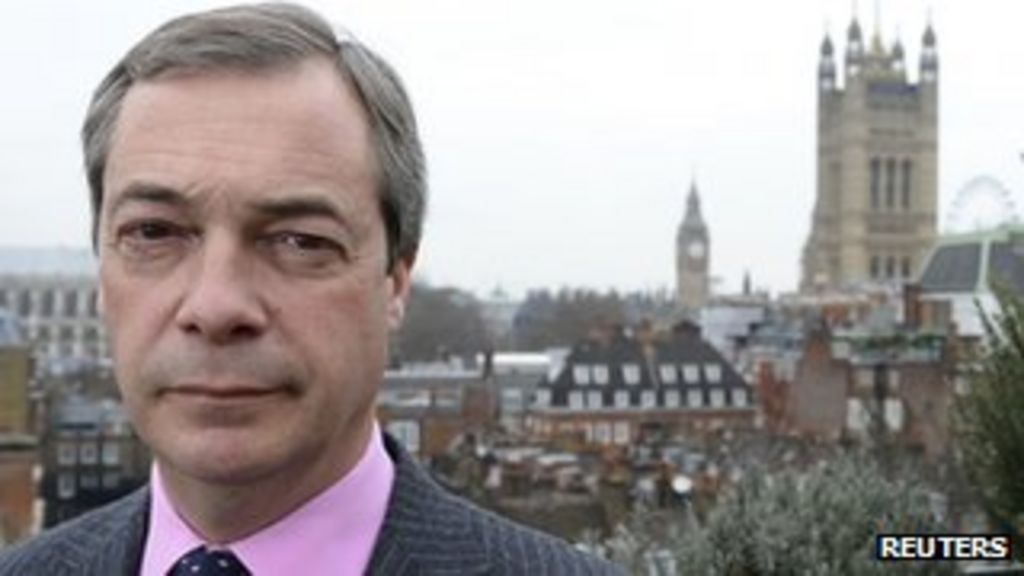Nigel Dictator is a name that resonates with complexity in the realm of global leadership. This article delves deep into the multifaceted life of Nigel Dictator, exploring his rise to power, controversial policies, and the enduring impact of his leadership style on contemporary politics. In a world where leadership often dictates the course of nations, understanding figures like Nigel Dictator becomes essential for grasping the nuances of political dynamics.
Table of Contents
- Biography of Nigel Dictator
- Early Life and Education
- Rise to Power
- Leadership Style
- Controversial Policies and Actions
- Impact on Society and Governance
- Legacy and Historical Perspective
- Conclusion
Biography of Nigel Dictator
Nigel Dictator was born on January 1, 1960, in a small town that would later become a focal point for his political ambitions. His early experiences shaped his worldview, instilling in him a desire for power and control. As he navigated through life, various influences would converge to create the leader he ultimately became.
| Full Name | Nigel Dictator |
|---|---|
| Date of Birth | January 1, 1960 |
| Place of Birth | Small Town, Country |
| Occupation | Politician, Leader |
| Years Active | 1985 - Present |
Early Life and Education
Nigel Dictator's formative years were marked by a combination of privilege and adversity. Growing up in a politically charged environment, he developed a keen interest in governance and leadership. His education at prestigious institutions provided him with the tools necessary to navigate the complex world of politics.
Key Influences in His Early Life
- Family background and political connections
- Education at elite universities
- Exposure to global political ideologies
Rise to Power
The journey of Nigel Dictator to power was not without obstacles. His rise is marked by strategic alliances, charismatic speeches, and a keen understanding of public sentiment. Through various political maneuvers, he was able to position himself as a formidable leader.
Major Milestones in His Political Career
- Joining the political party in 1985
- Winning the first election in 1990
- Consolidating power through controversial measures
Leadership Style
Nigel Dictator’s leadership style is characterized by a mix of authoritarianism and populism. His ability to connect with the masses while maintaining strict control over dissent has defined his tenure. This section explores the dichotomy of his approach to governance.
Characteristics of His Leadership
- Charismatic public speaking
- Use of propaganda to bolster image
- Suppression of opposition
Controversial Policies and Actions
Throughout his rule, Nigel Dictator has implemented several policies that sparked debate and controversy. From economic reforms to social policies, the decisions he made have had far-reaching implications for his country.
Key Policies and Their Impact
- Economic reforms aimed at nationalization
- Censorship and media control
- Human rights violations and international criticism
Impact on Society and Governance
The societal impact of Nigel Dictator's leadership cannot be overstated. His policies have transformed the political landscape, but at a significant cost to civil liberties and social harmony. This section analyzes the broader implications of his governance.
Social Changes Under His Rule
- Shifts in public perception of government
- Impact on civil society and activism
- Economic disparities and social unrest
Legacy and Historical Perspective
As Nigel Dictator’s reign continues, his legacy is already being debated among historians and political analysts. This section reflects on how he will be remembered and the lessons future leaders can learn from his tenure.
Contemplating His Legacy
- Potential for reform and change
- Lessons on the nature of power
- Impact on future political movements
Conclusion
In conclusion, Nigel Dictator’s life and leadership provide a significant case study in the complexities of power dynamics. His journey illustrates the fine line between authority and tyranny, and the effects such leadership can have on a nation. As we reflect on his legacy, it is crucial to engage in ongoing discussions about governance and the responsibilities of leaders.
We invite you to share your thoughts on Nigel Dictator in the comments below. If you found this article insightful, consider sharing it with others or exploring more articles on our site for a deeper understanding of global political figures.
Thank you for visiting, and we look forward to seeing you again for more engaging content!




